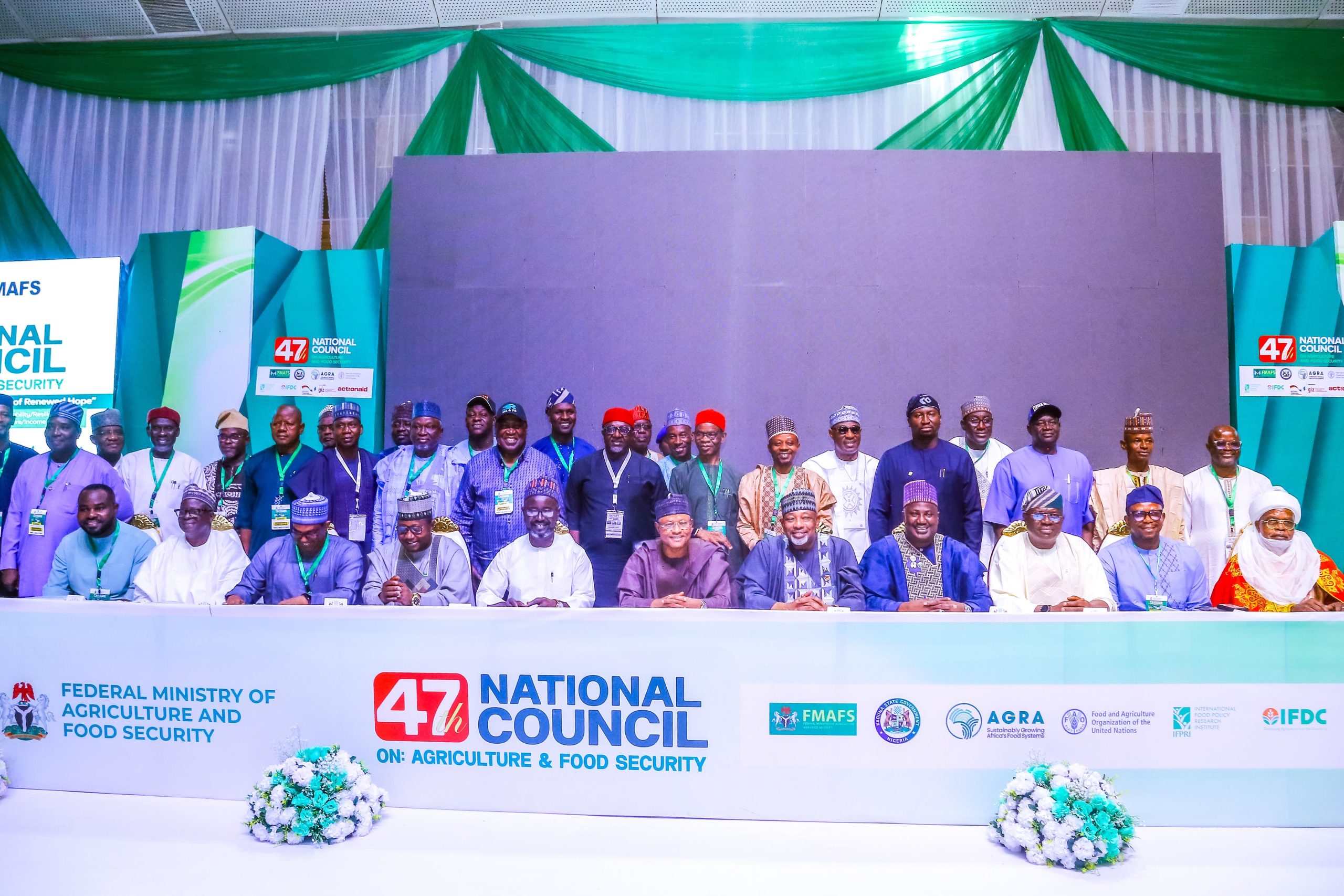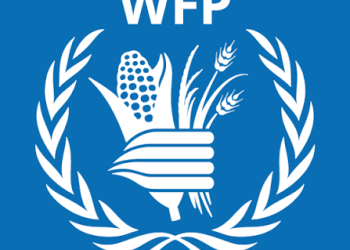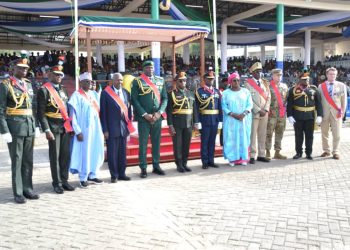By Nkechi Eze
The Agricultural Research Council of Nigeria (ARCN) has joined other key players in the agricultural sector at the 47th National Council on Agriculture and Food Security (NCAFS) held in Kaduna, as the nation intensifies efforts toward achieving food sovereignty and strengthening its agricultural value chain.
In an official statement signed by the Public Relations Officer to the Executive Secretary, Khadijat O. Ameen, the Executive Secretary of ARCN, Dr. Abubakar Adamu Dabban, underscored the importance of technology and innovation in transforming Nigeria’s agricultural landscape.
Represented by Dr. Nuhu Yusuf, Director of Knowledge Management and Communication at the Council, Dr. Dabban presented two key memoranda during the Technical Session of the meeting, the Establishment of a National Farm Knowledge and Innovation Support Centre (NFKISC) and an Information Memorandum on the 29 New Crop Varieties Released in 2025 Alone.
According to Dr. Nuhu, the proposed NFKISC initiative represents a systematic community-based approach to technological dissemination that will revolutionize Nigeria’s agricultural innovation ecosystem. He explained that the centre would serve as a vital link between research institutions and farmers, ensuring that valuable research outcomes are efficiently transmitted to end users.
“This initiative is expected to generate essential backward linkages and build a resilient food system, aligning directly with the present administration’s Renewed Hope Agenda to boost agriculture and ensure national food security,” he said.
He further reaffirmed ARCN’s commitment to strengthening agricultural innovation, improving extension services, empowering farmers, and supporting the strategic goals of the Federal Government under the supervision of the Honourable Ministers of Agriculture and Food Security.
The 47th National Council on Agriculture and Food Security, themed “Food Sovereignty and Food Security in an Era of Renewed Hope,” served as a high-level platform for unveiling new policy directions and financing models aimed at fast-tracking Nigeria’s journey toward self-sufficiency in food production.
Among the major resolutions and policy announcements were the capitalization of the Bank of Agriculture (BOA) with ₦1.5 trillion and the creation of a ₦250 billion credit window for smallholder farmers to boost productivity and support agribusinesses nationwide.
The Council brought together federal and state government officials, policymakers, researchers, and development partners to deliberate on strategies for accelerating agricultural transformation and achieving food sovereignty in line with President Bola Ahmed Tinubu’s Renewed Hope Agenda.















